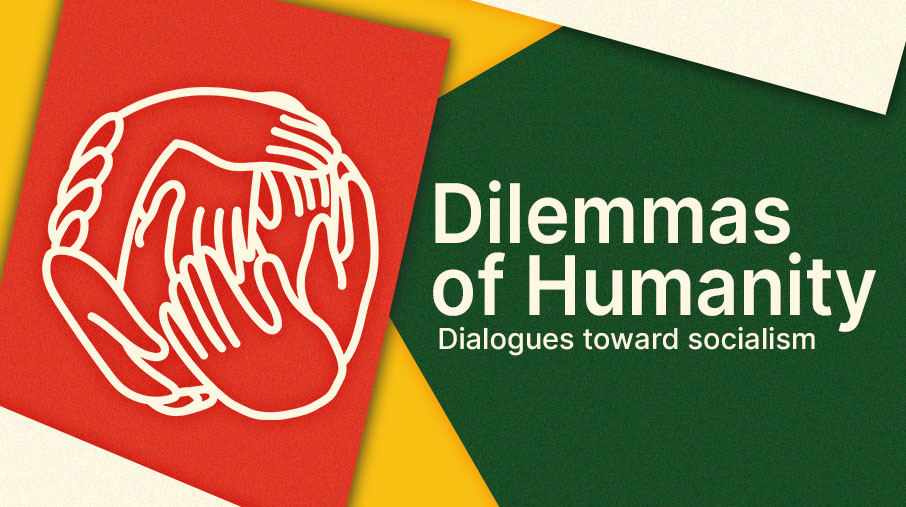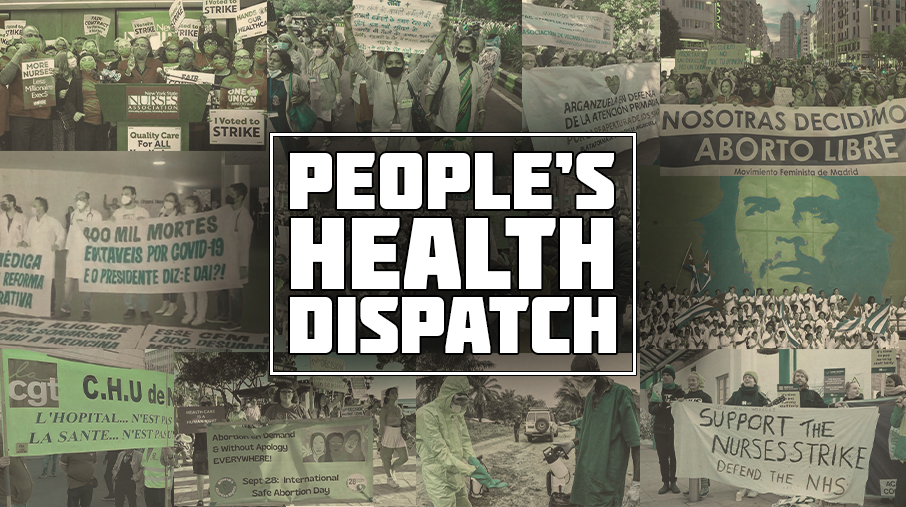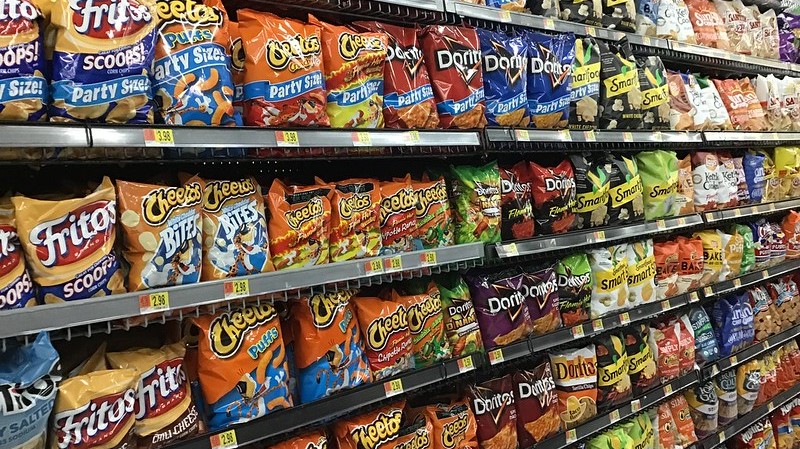 The urgency of taxing ultra-processed foods in Brazil
The urgency of taxing ultra-processed foods in Brazil
A new tax reform in Brazil foresees a tax to discourage the consumption of ultra-processed foods, linked to 57,000 deaths a year — but the industry is fighting back
 Lobbies give ultra-processed food corporates new avenues to influence food policy
Lobbies give ultra-processed food corporates new avenues to influence food policy
New research illustrates the complex web of ultra-processed food (UPF) producers and influence groups, and their influence on food and health policy making worldwide
 Brazil to support stricter global regulation of infant formula marketing
Brazil to support stricter global regulation of infant formula marketing
Despite strong national policies supporting breastfeeding, Brazil faces challenges from infant formula producers seeking to dominate the field of child nutrition. One forthcoming step is to support a WHO resolution for regulating digital marketing
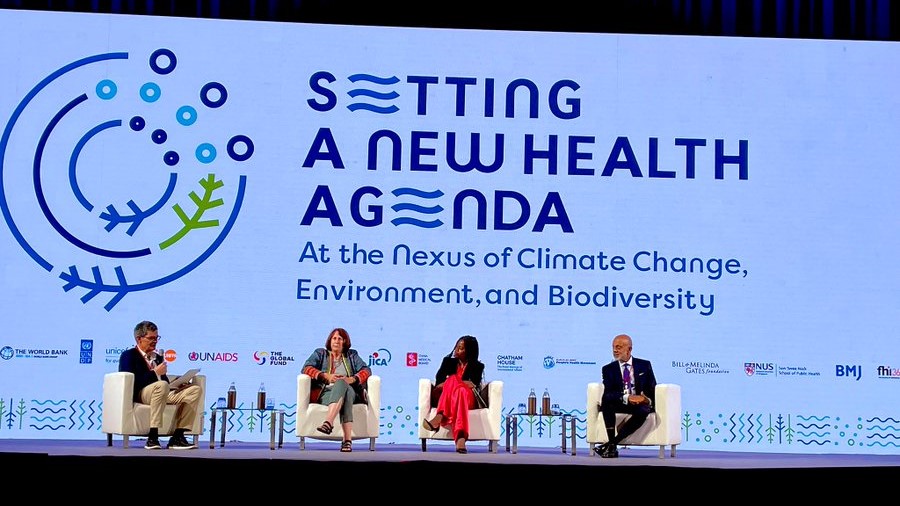 Censorship of grassroots voices at global health conference raises concerns
Censorship of grassroots voices at global health conference raises concerns
The People’s Health Movement was removed from the organizing committee of the Prince Mahidol Awards Conference following an article criticizing presence of fossil fuel companies at public health events
 Childhood obesity, the COVID-19 pandemic, and ultra-processed foods in Brazil
Childhood obesity, the COVID-19 pandemic, and ultra-processed foods in Brazil
The COVID-19 pandemic has increased the price of healthy food, increasing consumption of cheap, poor-quality products in Brazil
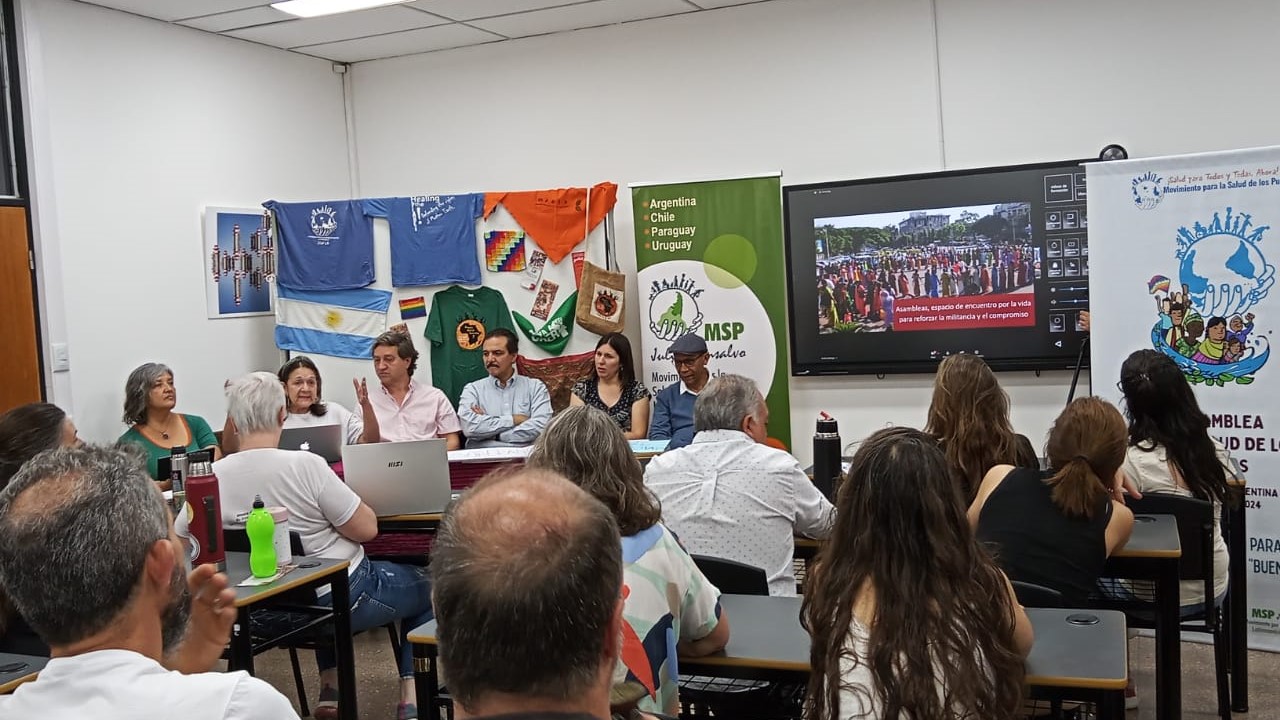 Buen vivir as a pathway to health for all
Buen vivir as a pathway to health for all
The People’s Health Movement announced updated plans for the 5th People’s Health Assembly, to be held in Mar de Plata, Argentina, in April 2024
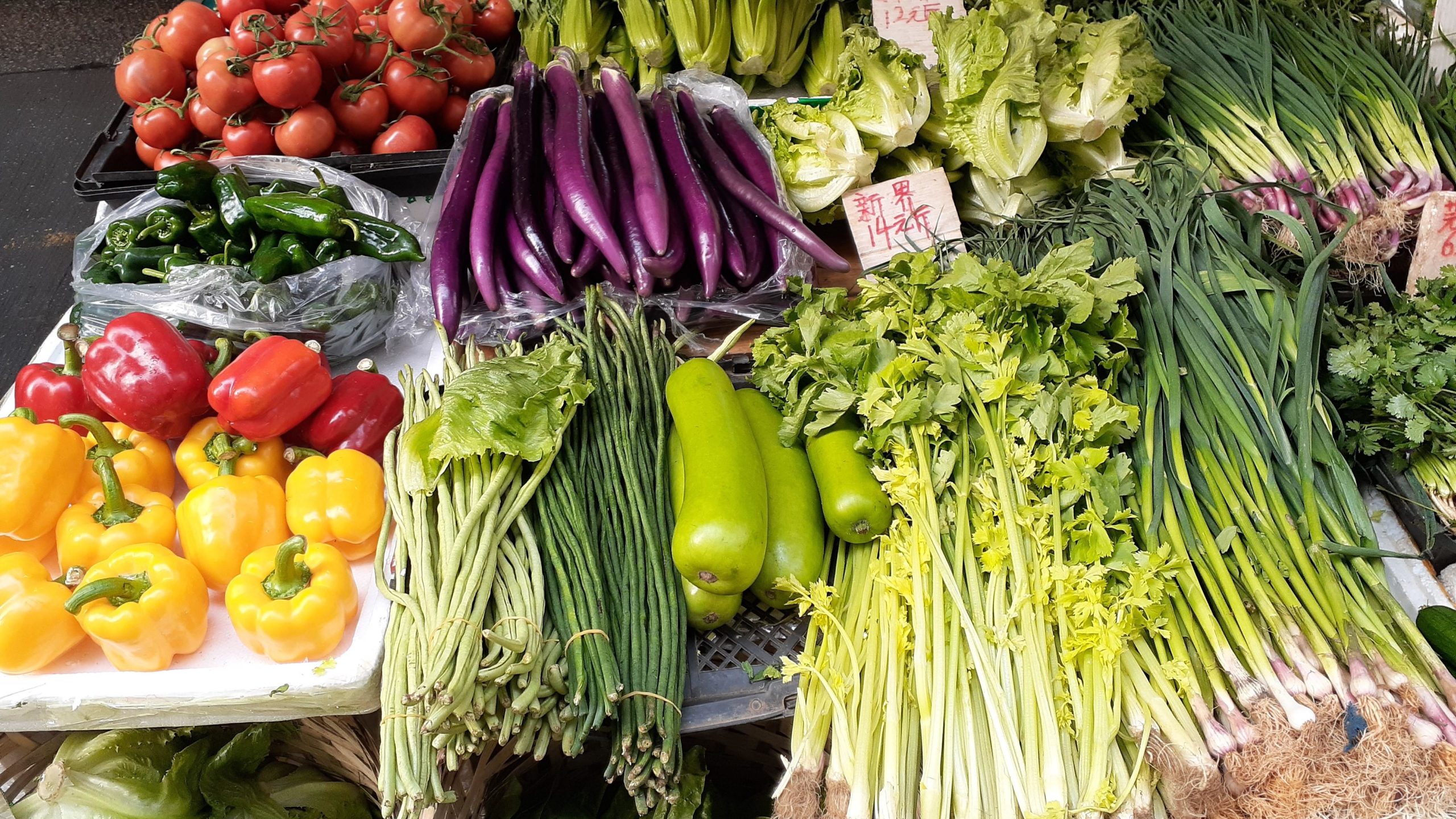 FAO warns about true cost of corporate food systems
FAO warns about true cost of corporate food systems
A new FAO report warns against the high hidden economic and health costs of the world’s food systems, adding up to around USD 12 trillion in PPP terms, which is about 10% of the global GDP. These costs involve environmental damage, contributing to social inequalities, and harming human health
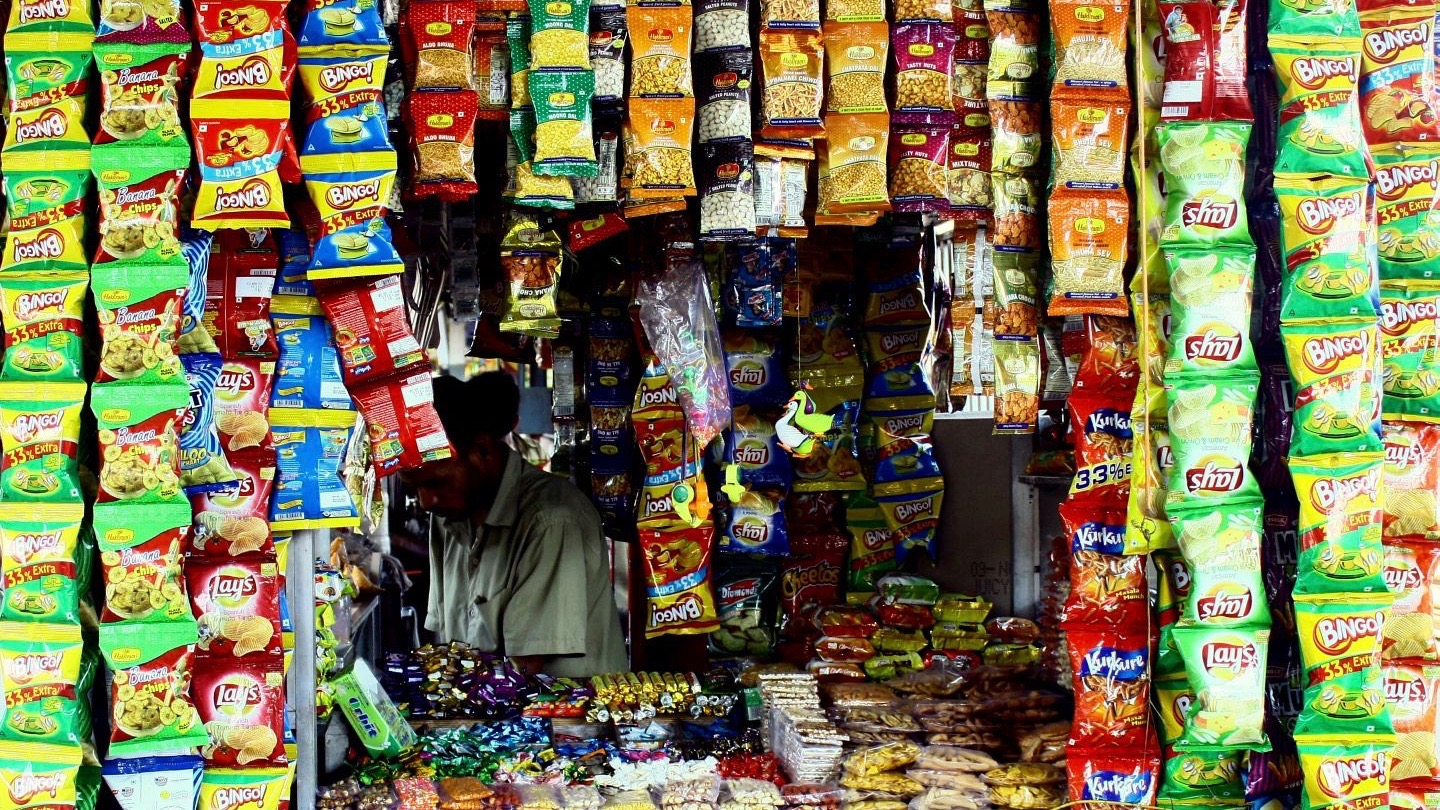 The Junk Push: ultra-processed food industry gains ground in India
The Junk Push: ultra-processed food industry gains ground in India
A recent report details how aggressive marketing strategies are influencing Indians to consume more ultra-processed food (UPF), colloquially known as junk food, and therefore undermining the health of thousands
 Tackling malnutrition in an era of political uncertainty: the case of Brazil
Tackling malnutrition in an era of political uncertainty: the case of Brazil
After achieving notable successes in the area of nutrition by 2014, Brazil faces vulnerabilities, as effects of economic crises and Bolsonaro’s pro-corporate policies
 European Environment Agency warns about alarmingly high levels of toxic chemical BPA across continent
European Environment Agency warns about alarmingly high levels of toxic chemical BPA across continent
Bisphenol A (BPA), a chemical with detrimental effects on human health, enters the body via food packaging, which includes plastic containers, baby bottles, and epoxy resin-lined pipes used for water delivery. Workers in certain sectors are also highly vulnerable



